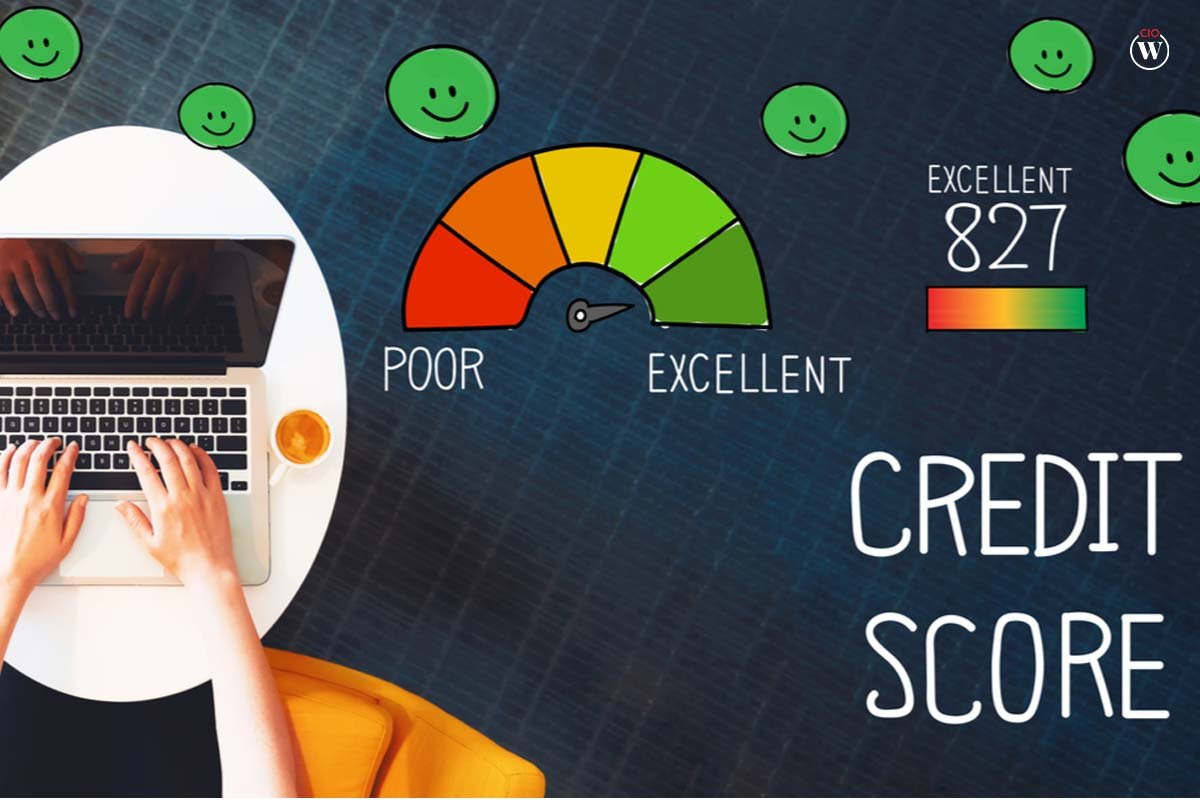Small business loans are an essential source of funding for many entrepreneurs who are looking to start or grow their businesses. However, the Small Business Loan Interest Rates can vary significantly, depending on the type of loan, the lender, and the creditworthiness of the borrower. In this article, we will discuss the average interest rate for small business loans and the factors that affect these rates.
Types of Small Business Loans
There are several types of small business loans available, and the interest rates vary depending on the loan type. The most common types of small business loans include:
- SBA Loans: SBA loans are offered by the U.S. Small Business Administration and are backed by the government. These loans have lower interest rates than other types of loans because they are guaranteed by the government. SBA loans have fixed interest rates that are tied to the prime rate, which is the interest rate that banks charge their most creditworthy customers.
- Bank Loans: Banks offer small business loans, and the interest rates vary depending on the lender and the creditworthiness of the borrower. Bank loans can be secured or unsecured, and the interest rates are usually fixed or variable.
- Alternative Loans: Alternative lenders offer small business loans, and the interest rates can be higher than traditional bank loans. Alternative loans are usually easier to qualify for than bank loans, and the interest rates are often fixed or variable.

Average Interest Rates for Small Business Loans
The average interest rate for small business loans varies depending on the loan type and the lender. According to the Small Business Administration, the average interest rate for SBA loans in 2020 was 6.3%. However, the interest rates for SBA loans can range from 5.5% to 11%, depending on the loan type and the lender.
For bank loans, the interest rates can range from 4.5% to 12%, depending on the lender and the creditworthiness of the borrower. The interest rates for alternative loans can be much higher, ranging from 10% to 50%, depending on the lender and the borrower’s creditworthiness.
Factors that Affect Small Business Loan Interest Rates;
Several factors can affect the interest rates for small business loans. Some of the most important factors include:
- Credit Score: The borrower’s credit score is one of the most critical factors that affect small business loan interest rates. Borrowers with higher credit scores are considered less risky by lenders and are more likely to qualify for lower interest rates.
- Business Age and Revenue: Lenders also consider the age of the business and the revenue it generates when determining small business loan interest rates. Newer businesses with less revenue are considered riskier by lenders and are more likely to have higher interest rates.
- Loan Amount and Term: The loan amount and term can also affect small business loan interest rates. Loans with larger amounts or longer terms may have higher interest rates because they represent more risk to lenders.
- Collateral: Secured loans, which require collateral, usually have lower interest rates than unsecured loans because they represent less risk to lenders.
- Economic Conditions: Economic conditions, such as inflation and interest rates, can also affect small business loan interest rates. During times of economic growth, interest rates tend to be higher, while during economic downturns, interest rates tend to be lower.

Tips for Getting the Best Small Business Loan Interest Rates
If you’re looking to get the best small business loan interest rates, there are several things you can do to increase your chances of success. Here are some tips to keep in mind:
- Improve Your Credit Score: One of the most important things you can do to get better small business loan interest rates is to improve your credit score. Make sure to pay your bills on time, reduce your debt, and avoid applying for too much credit at once.
- Build Your Business’s Credit: In addition to your personal credit score, it’s essential to build your business’s credit score. Make sure to pay your business bills on time and establish relationships with suppliers and lenders who report to credit bureaus.
- Shop Around: Don’t settle for the first loan offer you receive. Shop around and compare interest rates from multiple lenders to find the best deal.
- Consider SBA Loans: SBA loans are backed by the government and have lower interest rates than many other types of loans. Consider applying for an SBA loan if you’re eligible.
- Build Collateral: If you’re applying for a secured loan, make sure you have adequate collateral to offer. Having collateral can help you qualify for lower interest rates.
- Improve Your Business’s Financials: Lenders are more likely to offer lower interest rates to businesses with strong financials. Make sure to keep your financial statements up-to-date and accurate, and work to improve your revenue and profitability.
- Use a Loan Broker: Consider working with a loan broker who can help you find the best loan options and negotiate lower interest rates on your behalf.

BOTTOM LINE
The average interest rate for small business loans varies depending on the loan type, lender, and borrower’s creditworthiness. SBA loans have the lowest interest rates, while alternative loans have the highest. Factors that affect small business loan interest rates include credit score, business age and revenue, loan amount and term, collateral, and economic conditions.
To get the best small business loan interest rates, improve your credit score, shop around, consider SBA loans, build collateral, improve your business’s financials, and use a loan broker. By following these tips, you can increase your chances of getting the funding you need at a reasonable interest rate to start or grow your business.









